On Sunday December 26, 2021, Archbishop Desmond Tutu of South Africa passed away; the archbishop was 90 years old. Desmond Tutu was born in 1931 in a gold mining town then called the Transvaal and by mid-teens was experiencing what was to become the system of apartheid, when the National Party came to power in 1948. Within five years the National Party legalized and enforced racial segregation in schools through the Bantu Education Act. It can be safely assumed that the inhumane and unjust system of apartheid influenced his decision to become a priest, and years later he was named archbishop of Cape Town; his consistent and principled social activism made him a well-earned and deserved Nobel Peace Prize Laurate.
Archbishop Desmond Tutu’s choosing of the priesthood was in the tradition of other Black preachers who opted for the path of ‘liberation theology’ that not only seeks to prepare them for an ‘afterlife’ but; to engage in everyday struggle to improve their socio-economic condition of the masses. Archbishop Tutu’s position on world affairs is reminiscent of Dr. Martin Luther King Jr, El Hajj Malik El Shabazz (Malcolm X), Rev. Herbert Dougherty of Brooklyn and Archbishop Oscar Romero of El Salvador. All these preachers were not content with making lofty and fatalistic sermons while ignoring the current deplorable conditions their congregation lives in or the injustice meted out to them by a judicial system, which is biased, corrupt, and serves the interests of capital. They did not pursue material gains; they did not create ‘mega-churches’ to further enrich themselves, thereby further serving the interests of capital and exploiting their own people.
Archbishop Tutu was a courageous and unapologetic critic of injustice and exploitation no matter where; he had an internationalist outlook and expressed solidarity with liberation struggles outside of South Africa. He was opposed to the war in Iraq; he was opposed to the saber rattling and ultimate sanctions against Iran; he expressed solidarity with the people of Palestine struggling against Israeli occupation, comparing the situation to Apartheid South Africa; he referred to Guantanamo Bay as an “abomination” and, was not hesitant in his condemnation of the despotic regimes in other parts of Africa and Latin America. Archbishop Tutu even visited Mumia Abu Jamal in prison, and the program Democracy Now aired a recording of him speaking on Mumia’s imprisonment: “Mumia’s guilty verdict must be considered more than flawed. It is unacceptable. He has been denied the right to a new trial based on racial bias in jury selection and has faced years of prosecutorial and police misconduct and judicial bias.”
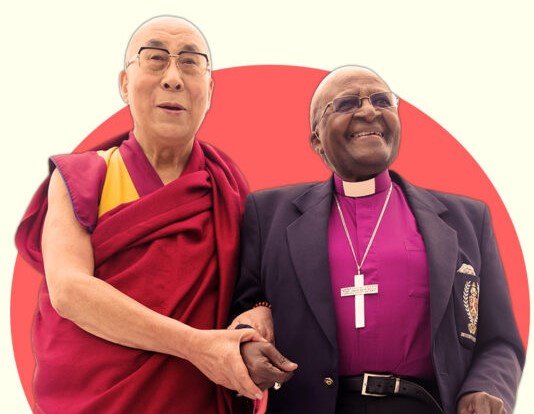
Archbishop Desmond Tutu and the Dali Lama - Photo: tibetanreview.net
Taking such positions although morally correct and socially justified takes courage; courage which many in this Country currently cannot even imagine. You never hear from them publicly except when they have a rare encounter with the police and then they surprisingly realize that they are treated just the same as the rest of us. Archbishop Tutu put into practice what Paul Robeson advised us to do; that is to put our craft, our profession, in the service of our people. In his own Country he was critical of the ANC government for their betrayal of the people’s sacrifice and struggle, by engaging in corruption and paternalism.
Archbishop Tutu was directly involved in the day-to-day struggles of his people, he did not only speak out against injustice, but he also participated in protests during the apartheid years and suffered the retaliation of the apartheid police. He knew what it was to be tear gassed, arrested, and manhandled by a racist and oppressive police force; despite these experiences he never once wavered from his commitment to the liberation of his people.
Archbishop Desmond Tutu is now referred to as an ancestor but, this must be seen in its proper context. He did not become an ancestor just because he passed away; in our traditional teaching one becomes an ancestor because they lived a life of service to family and community. The Yoruba ethical text the Odu Ifa teaches that the purpose of humans is to “bring good into the world;” by his words and much more his actions, Archbishop Tutu stood with the oppressed throughout the world, challenged the doers of evil and the purveyors of violence, exploitation, and oppression. True to his life’s commitment of pursuing justice, true to his transformative ideology of ‘liberation theology’ and true to his purpose of uplifting the socio-economic conditions of the poor and downtrodden; Archbishop Desmond Tutu brought good into the world.
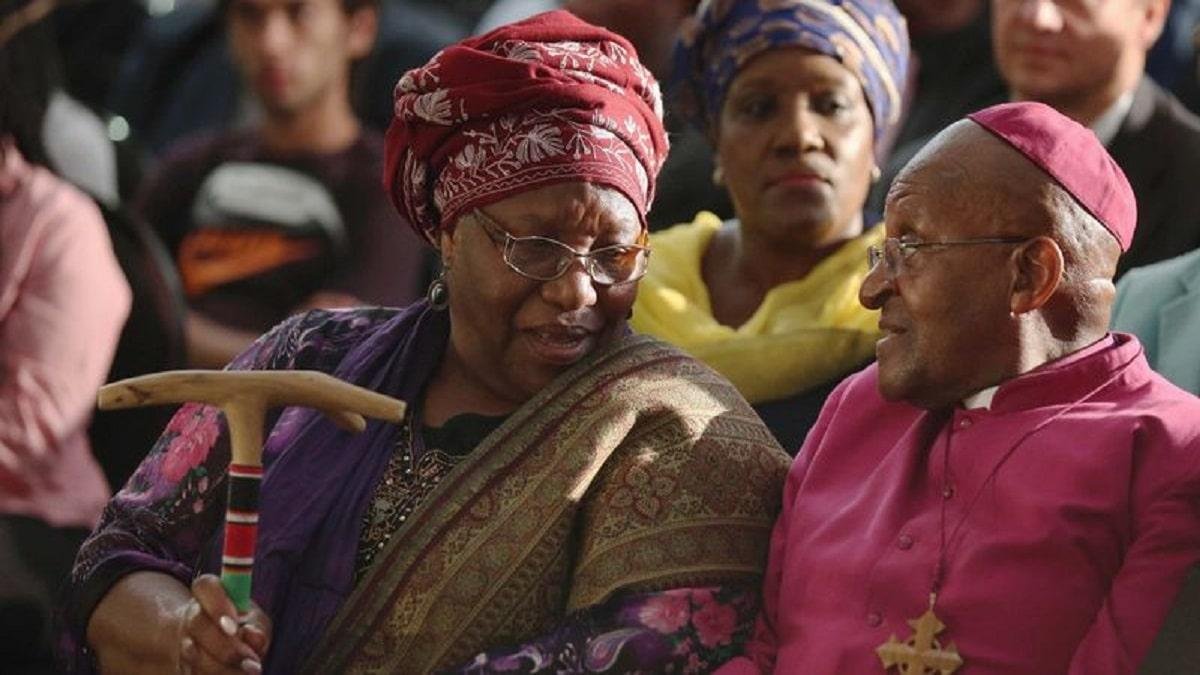
Archbishop Desmond Tutu and his wife, Nomalizo Leah Tutu - Photo: naijacampusjams.com
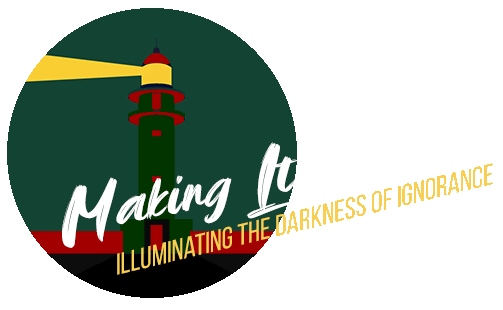
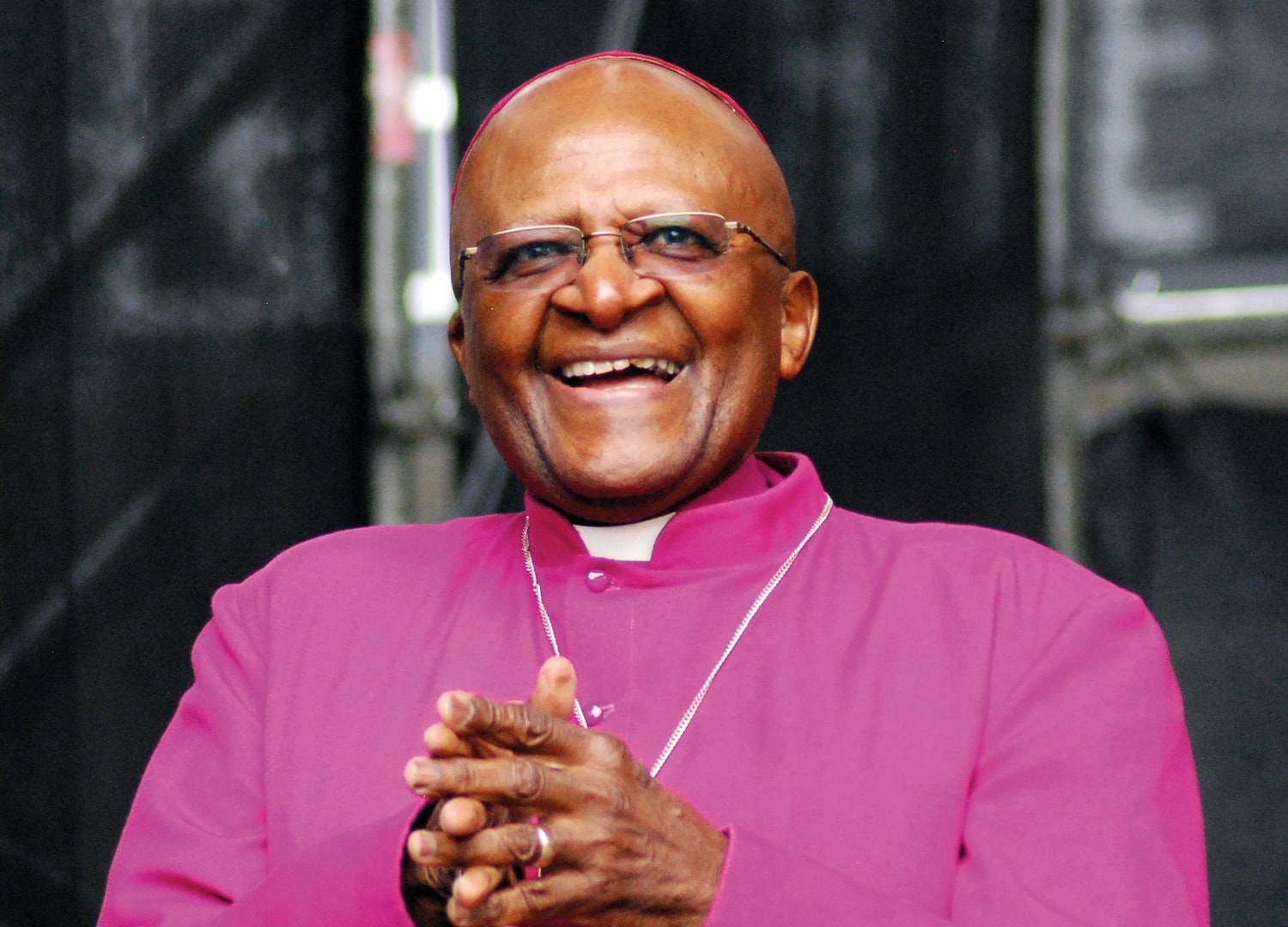
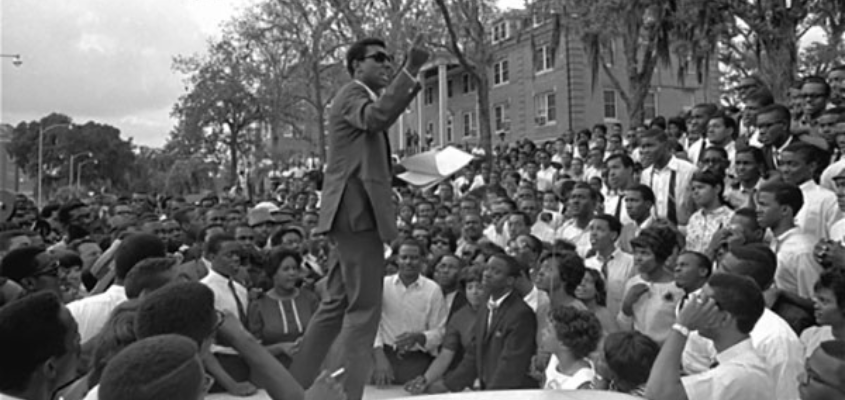
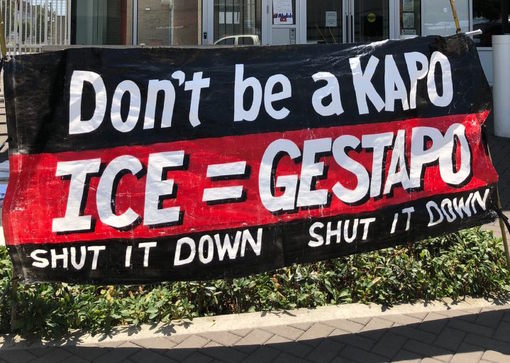

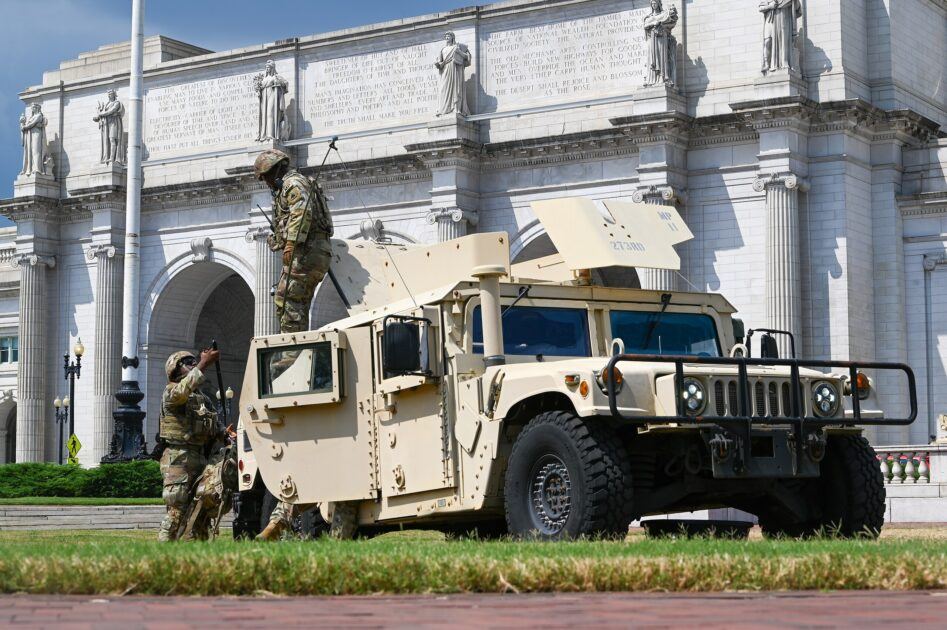

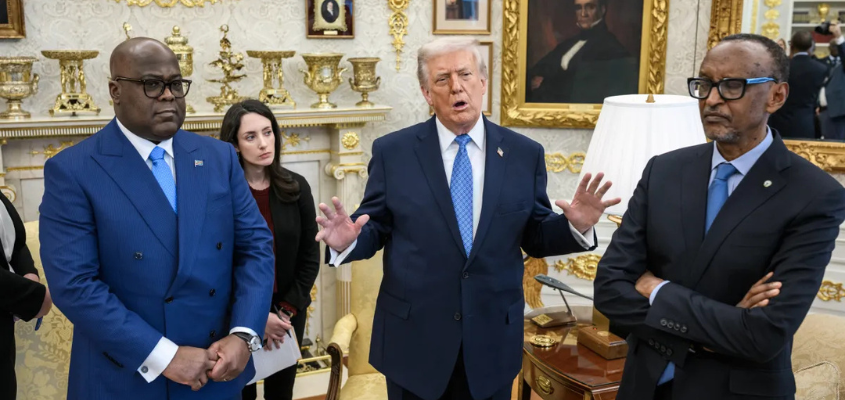
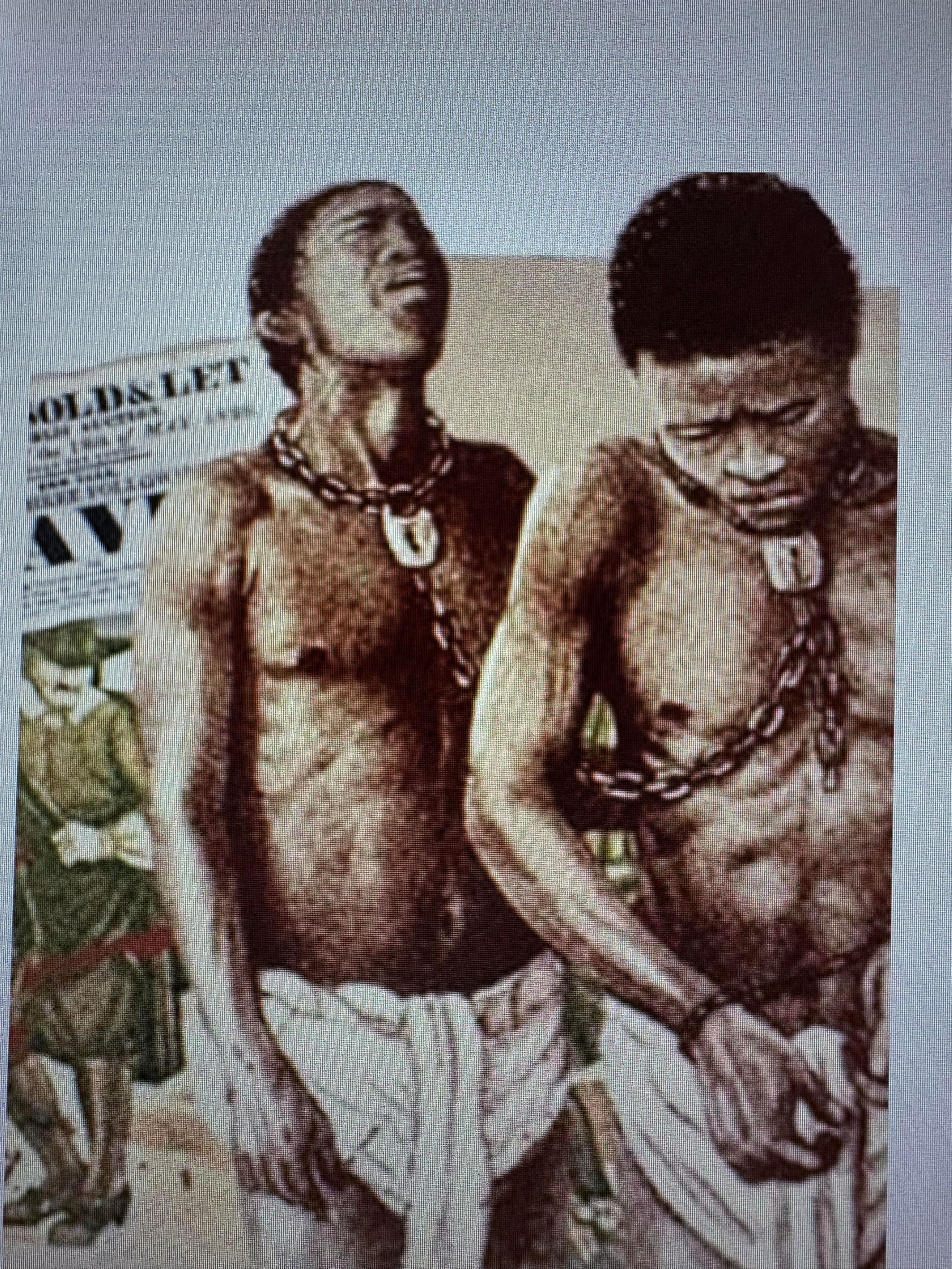

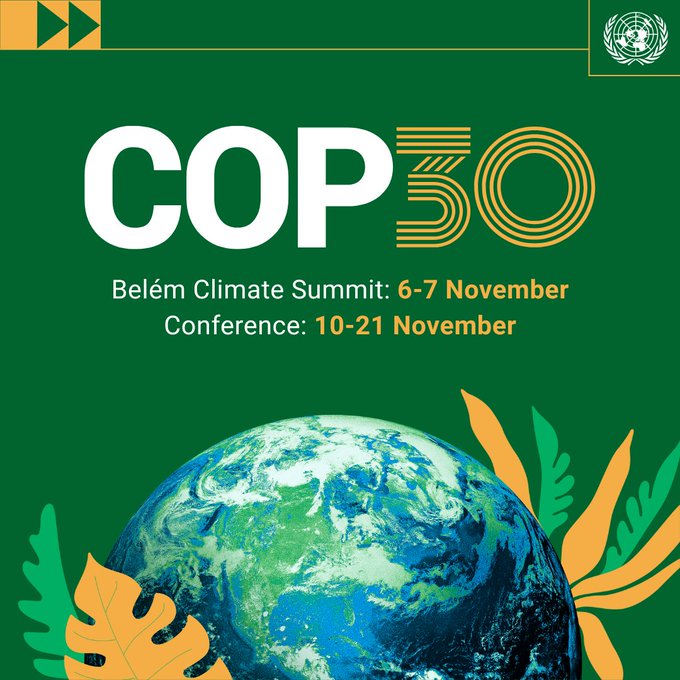

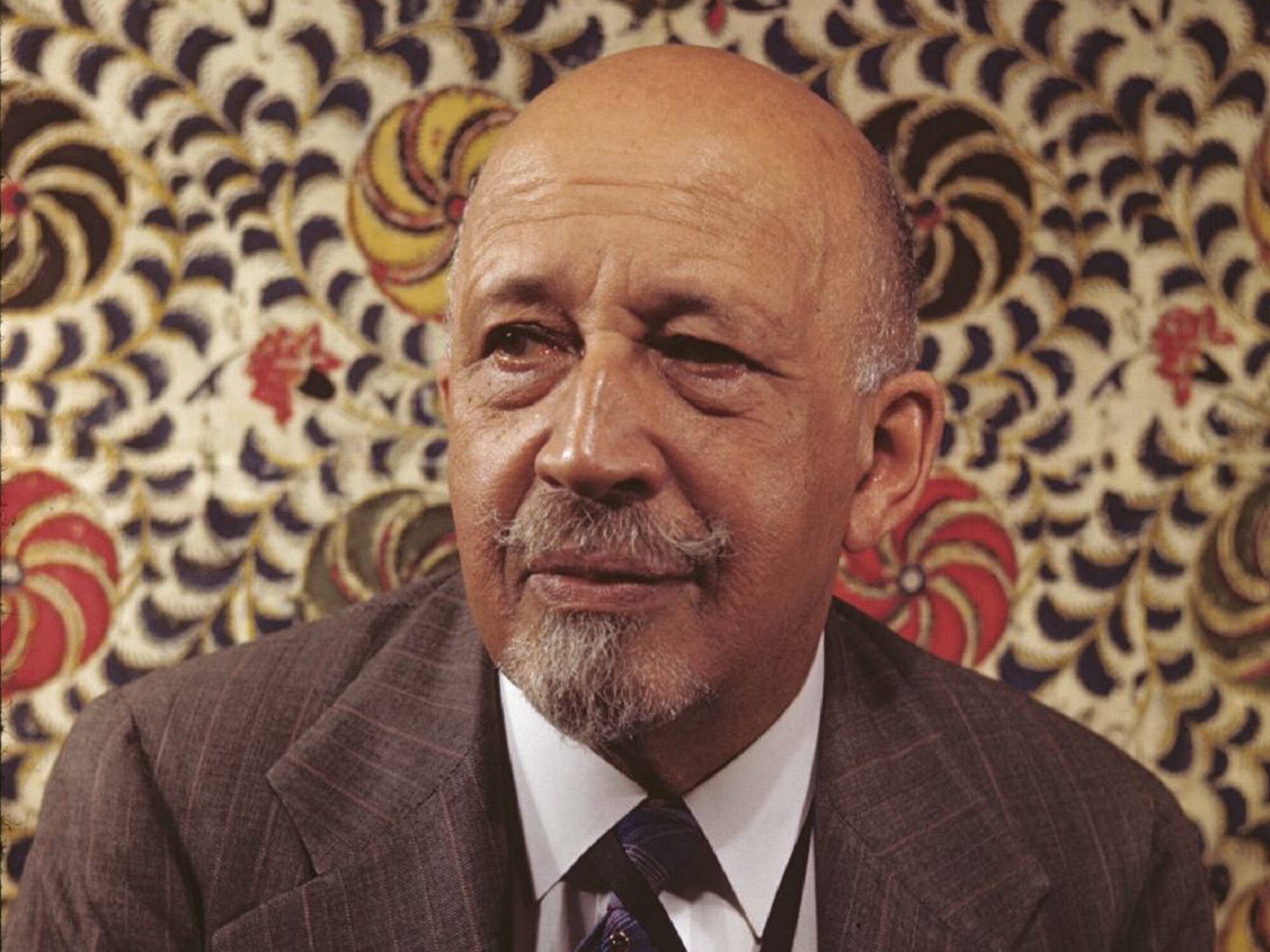

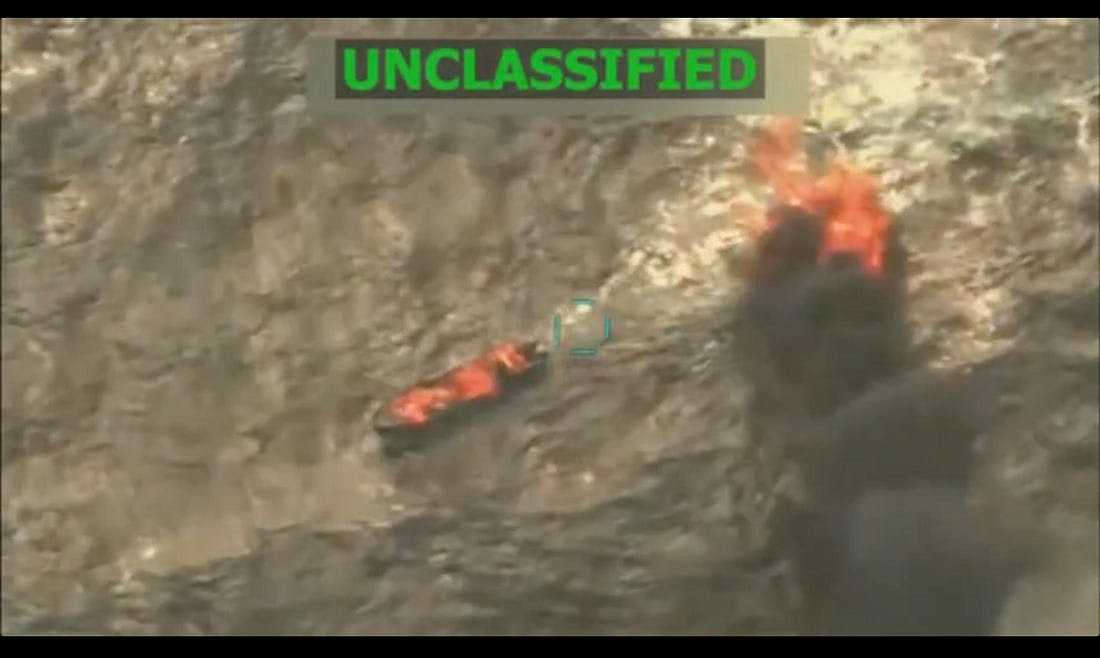
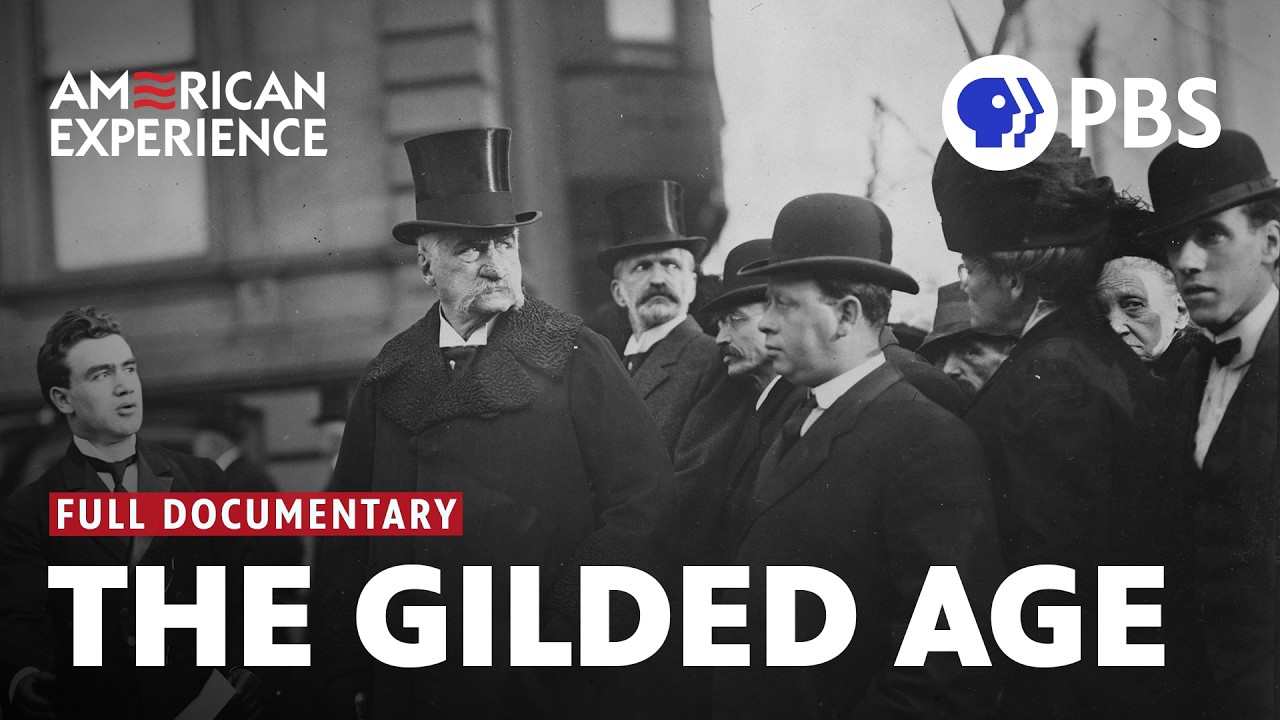
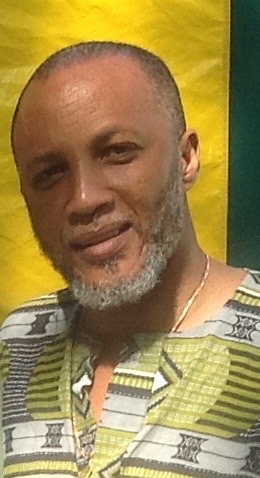
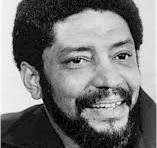
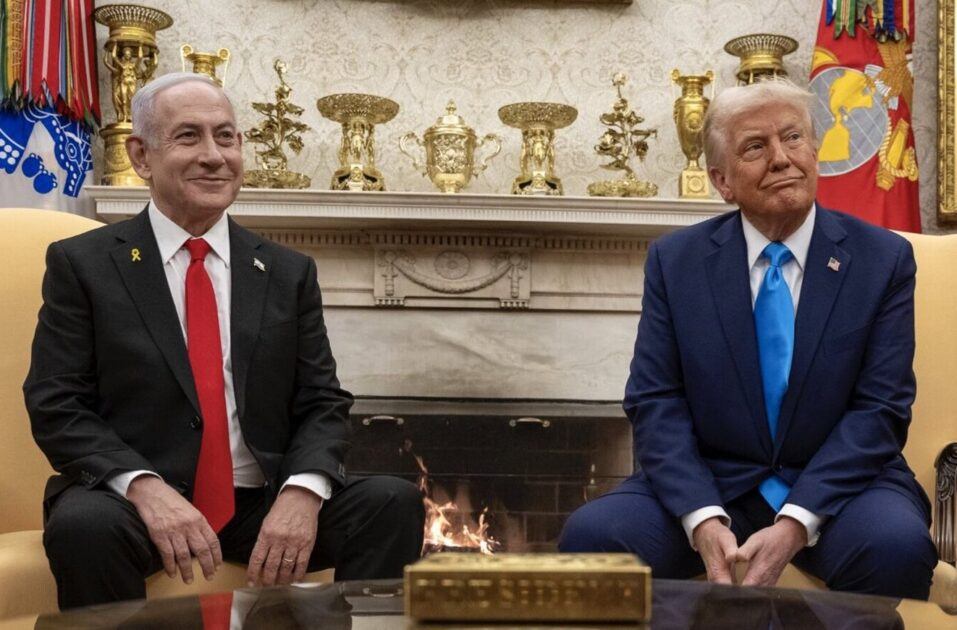
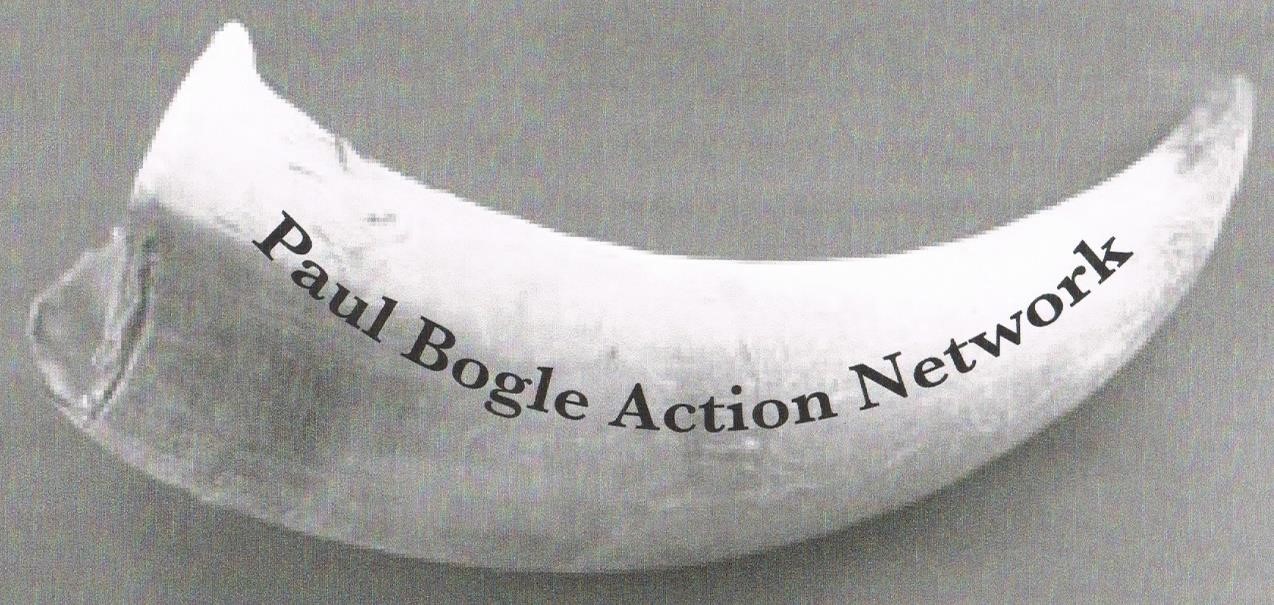

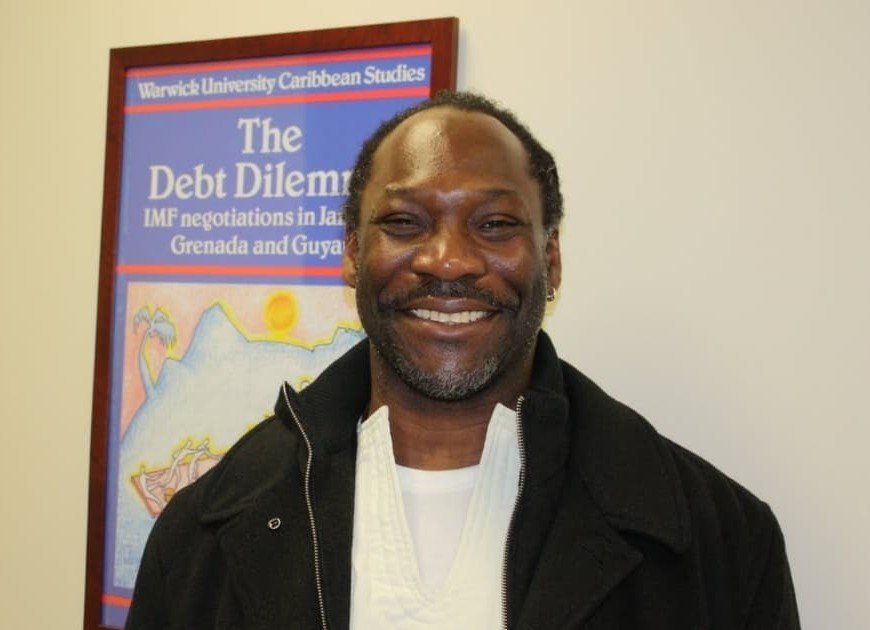
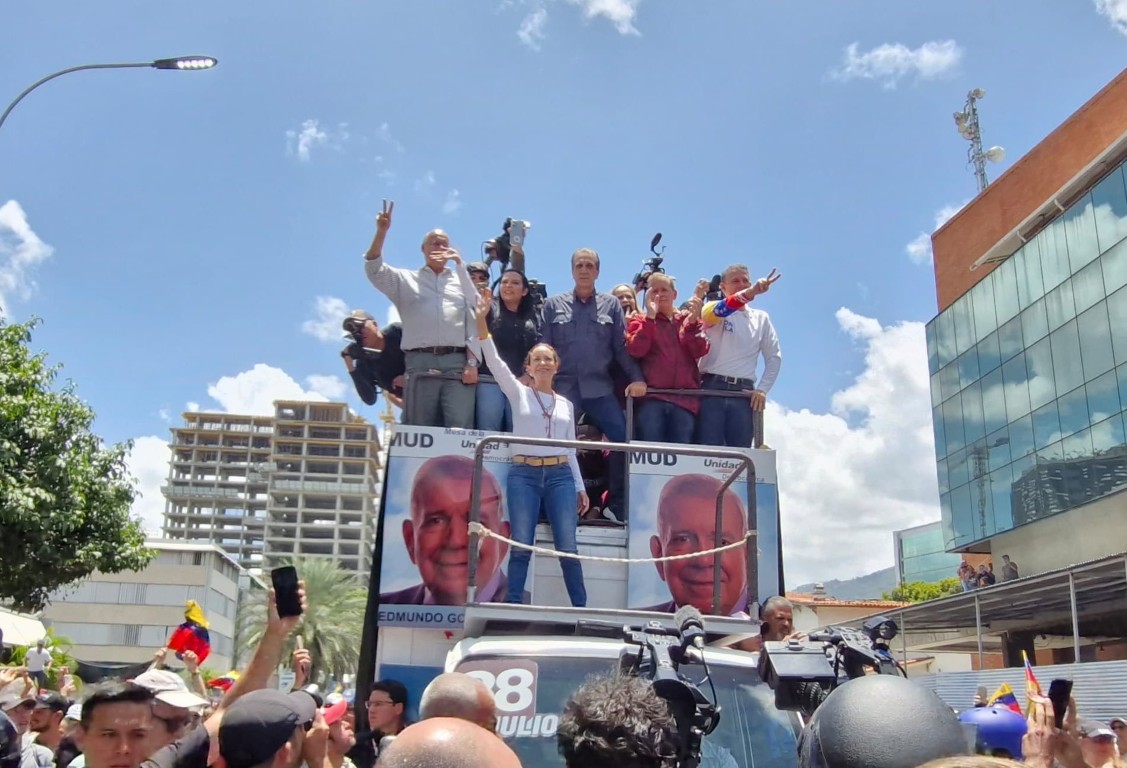
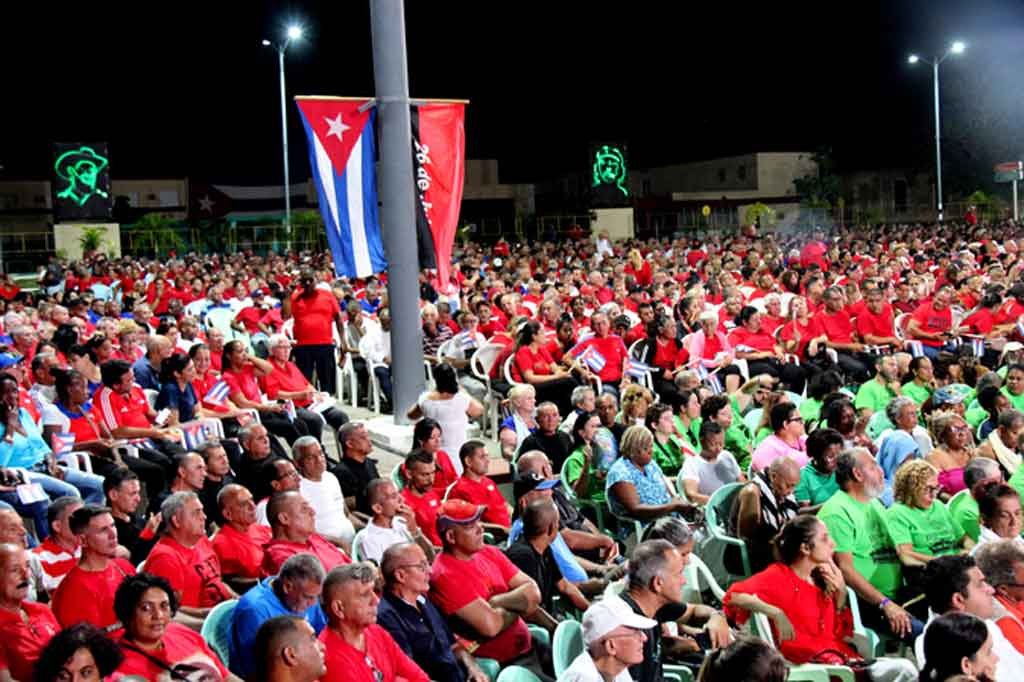
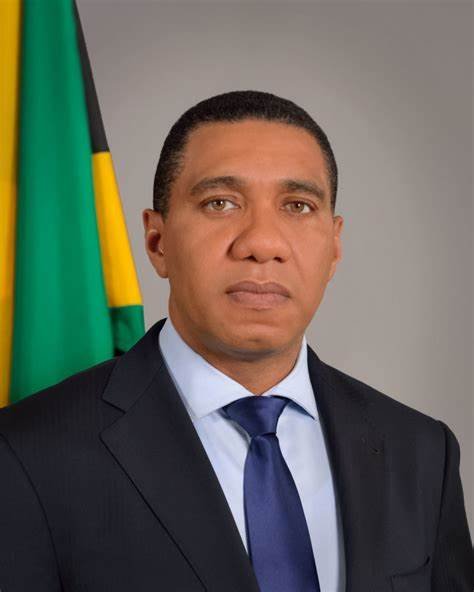
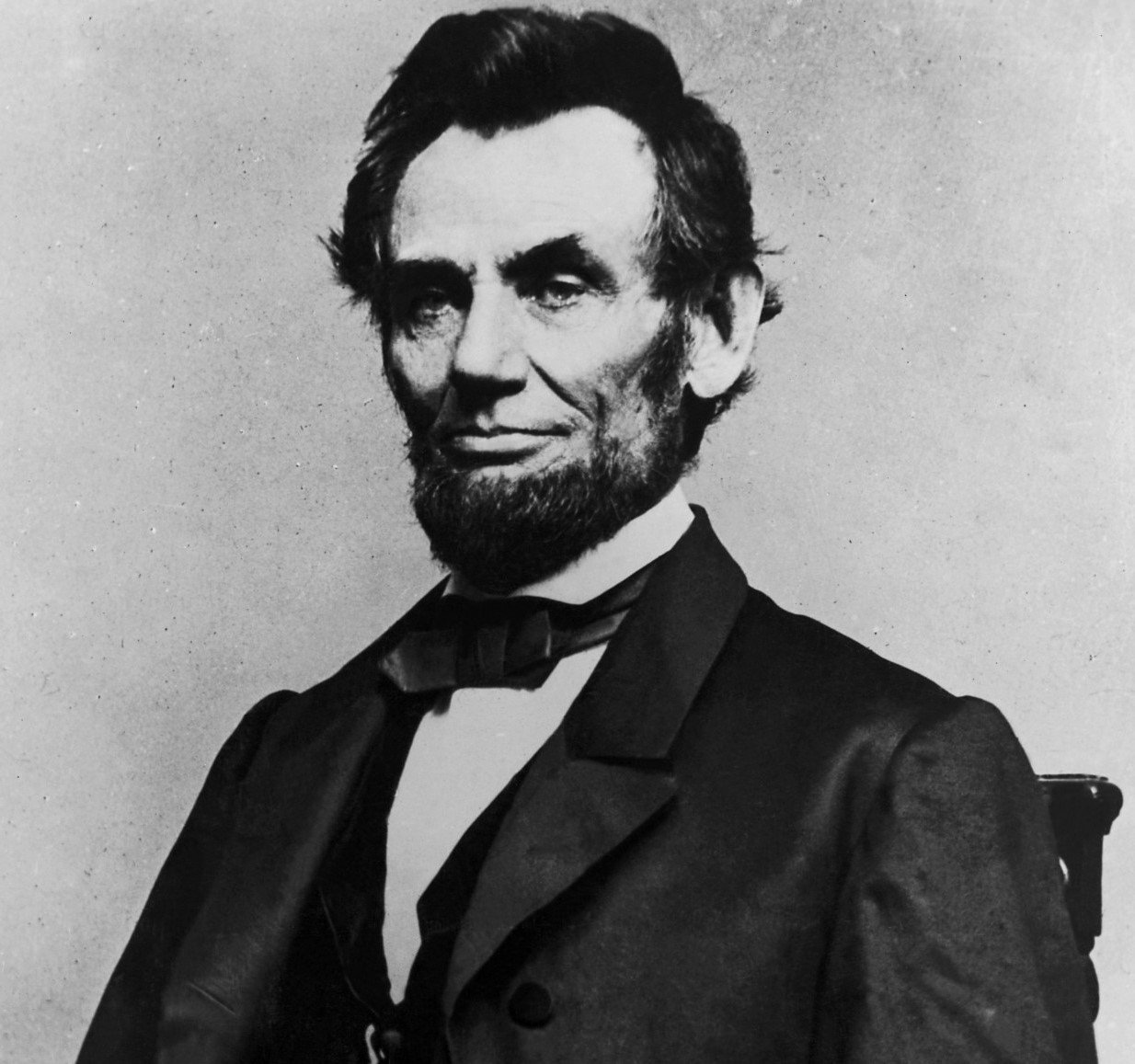
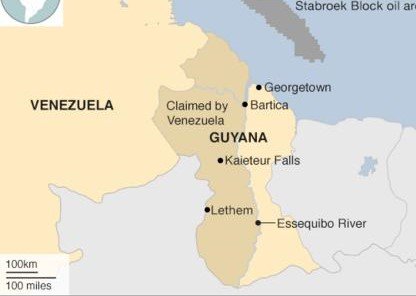
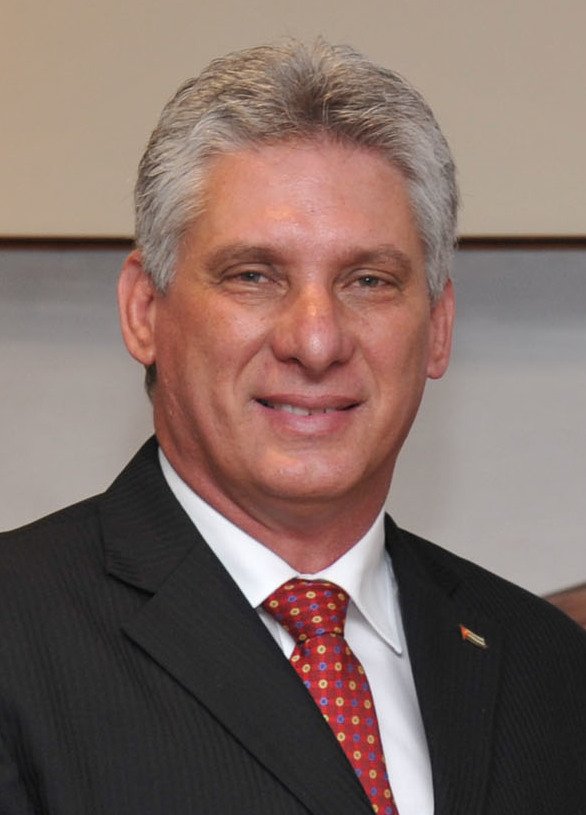
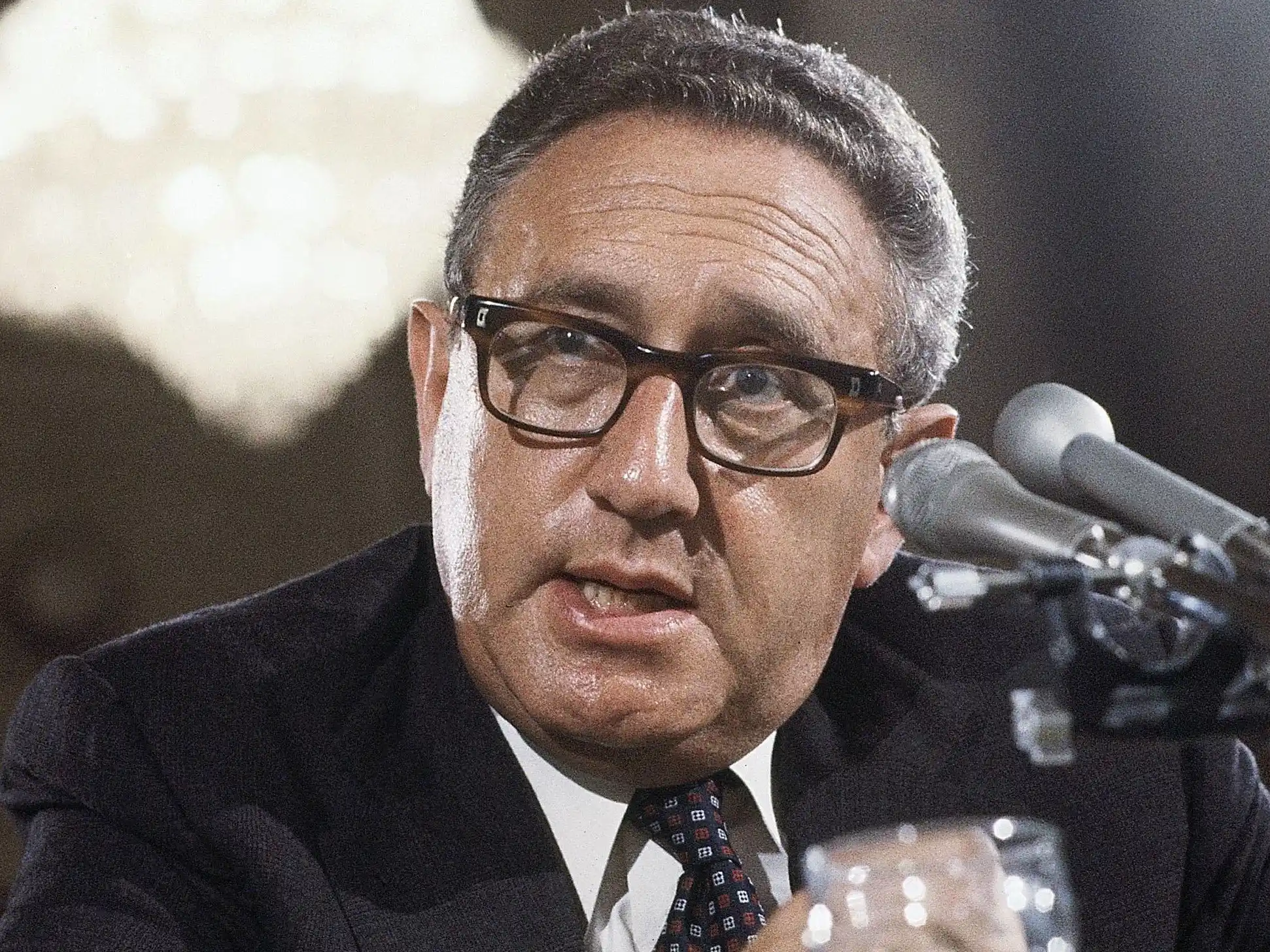
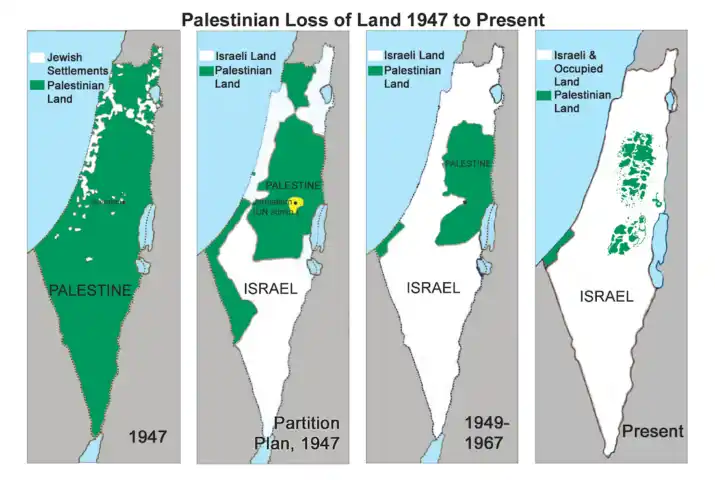
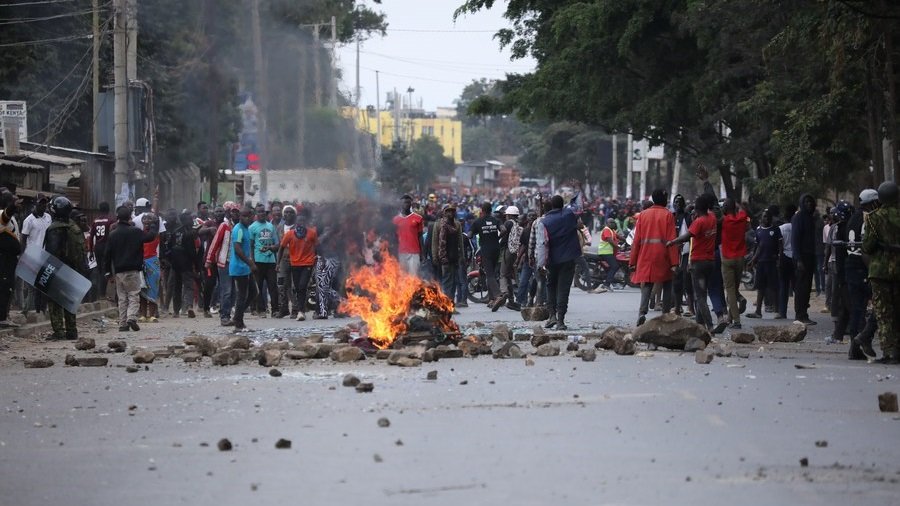
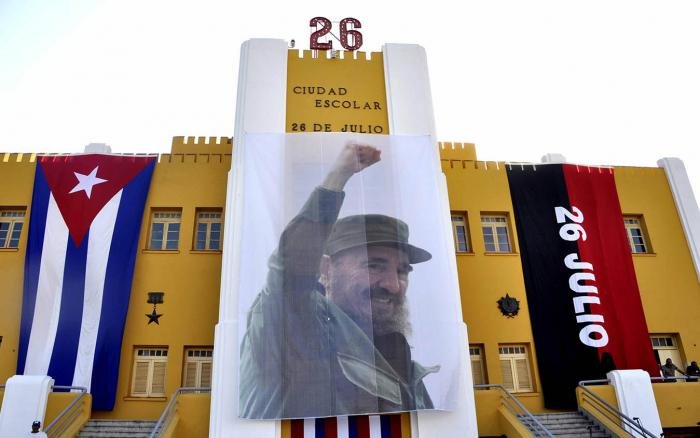
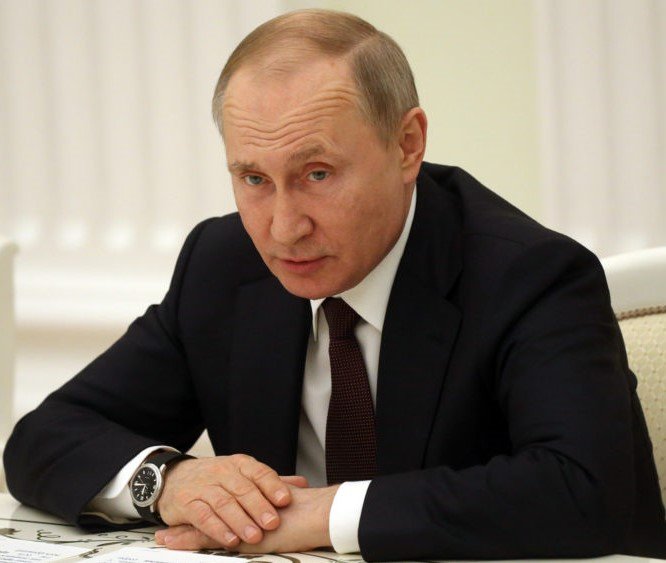
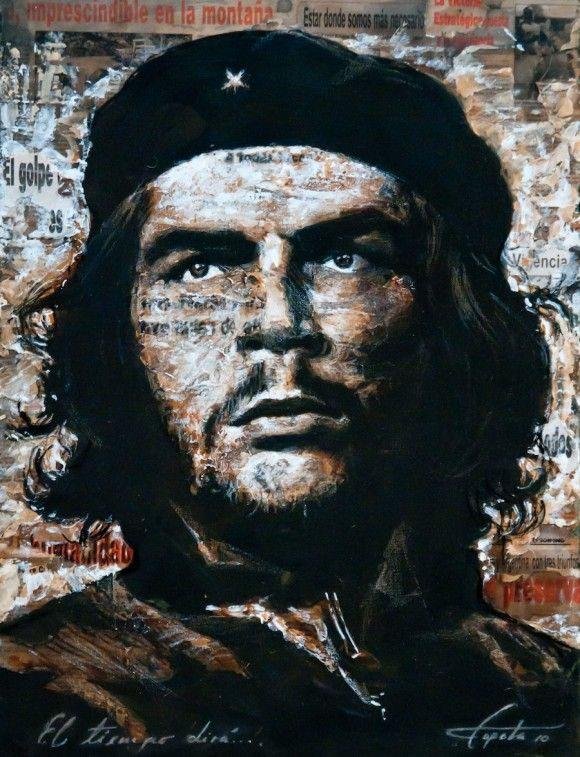
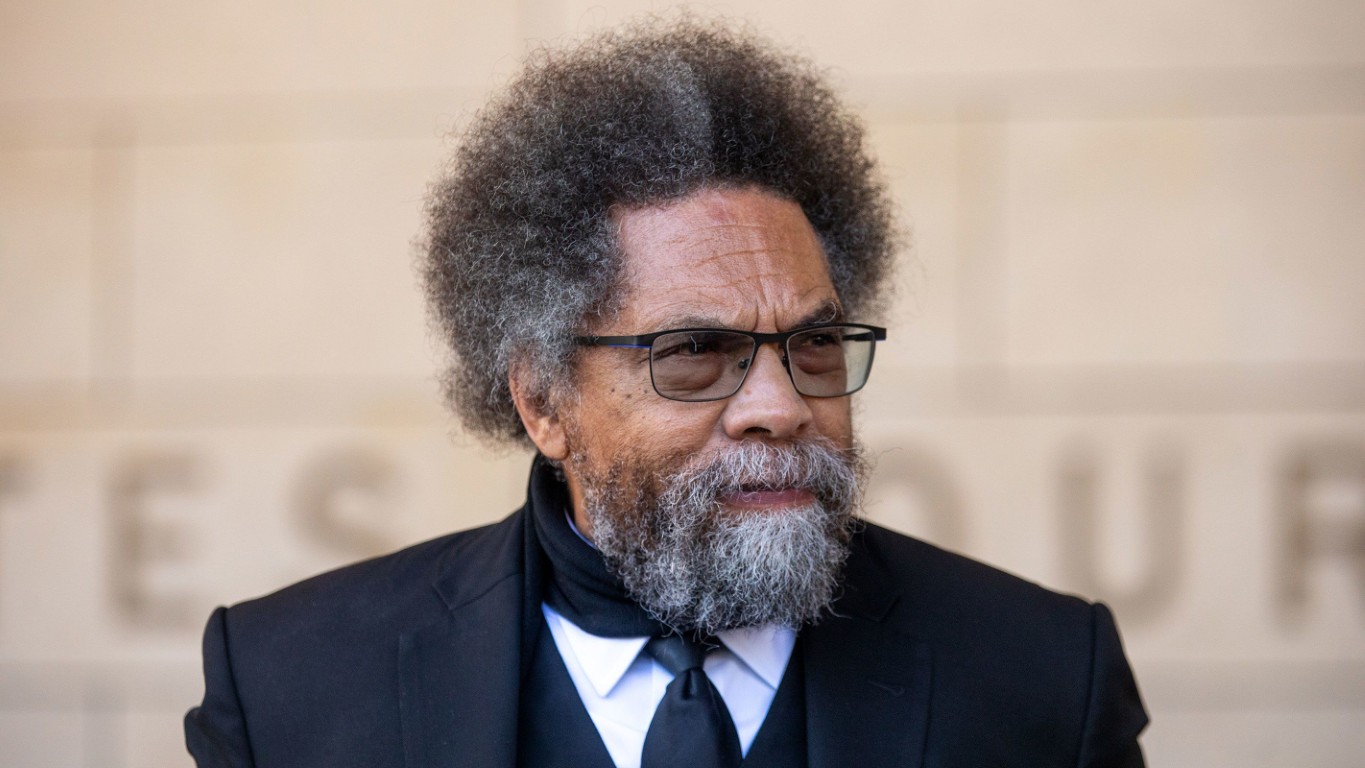
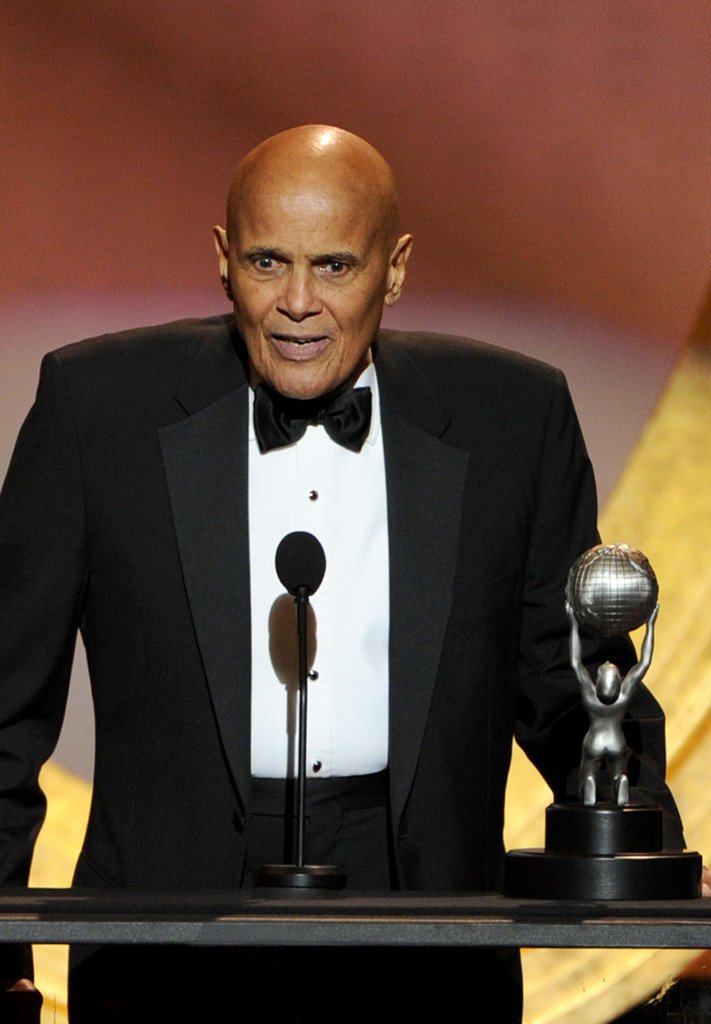
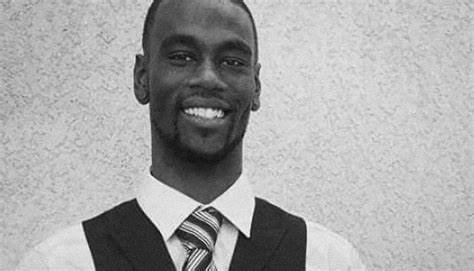
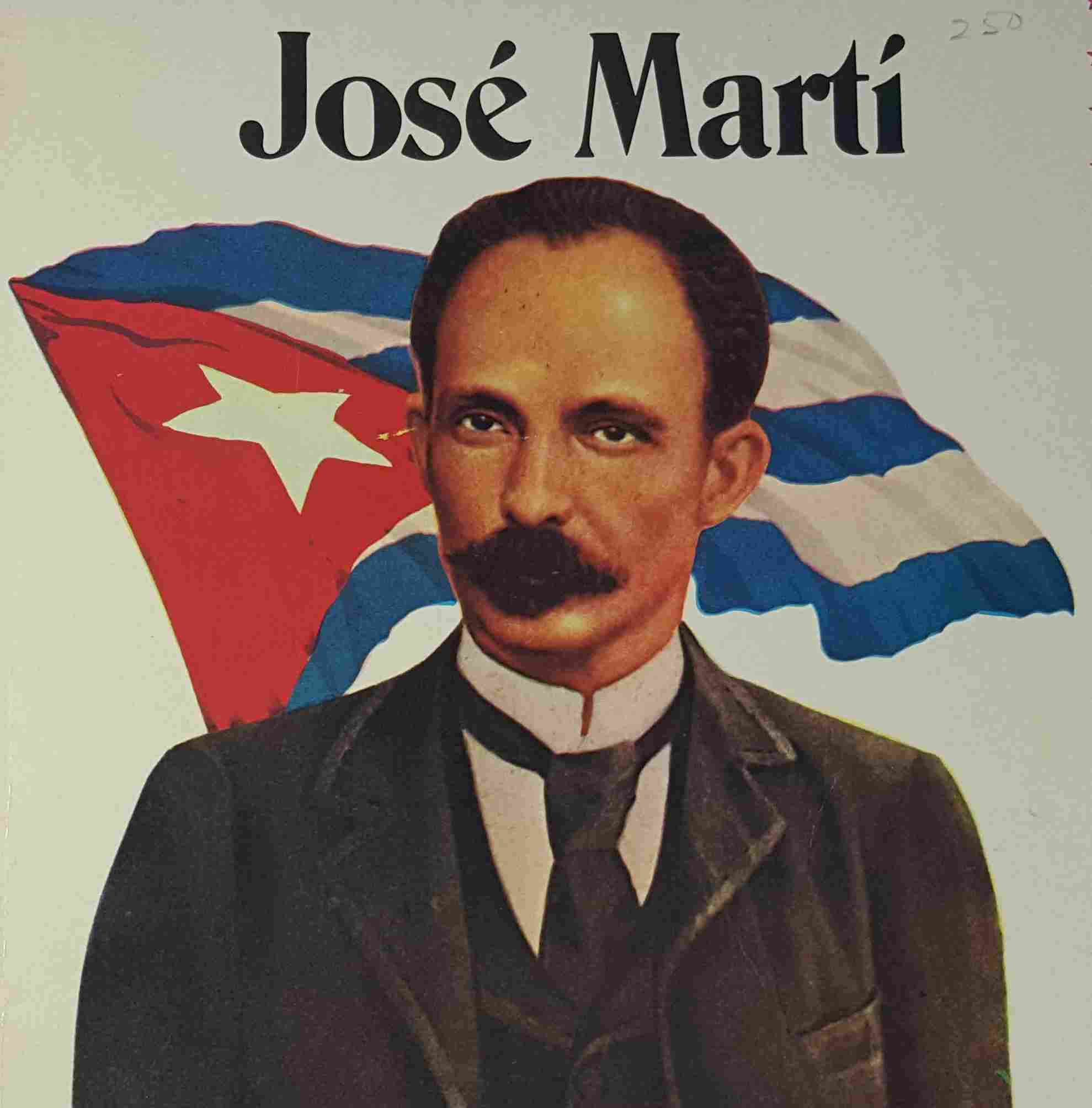
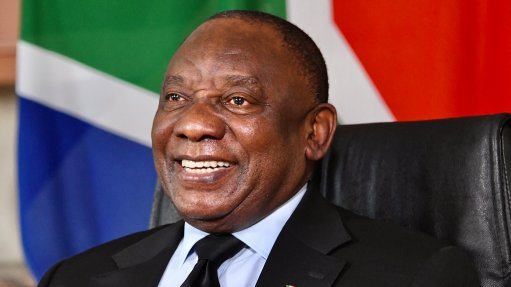
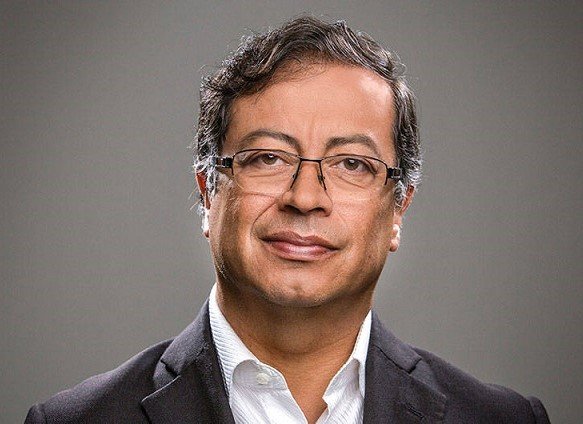

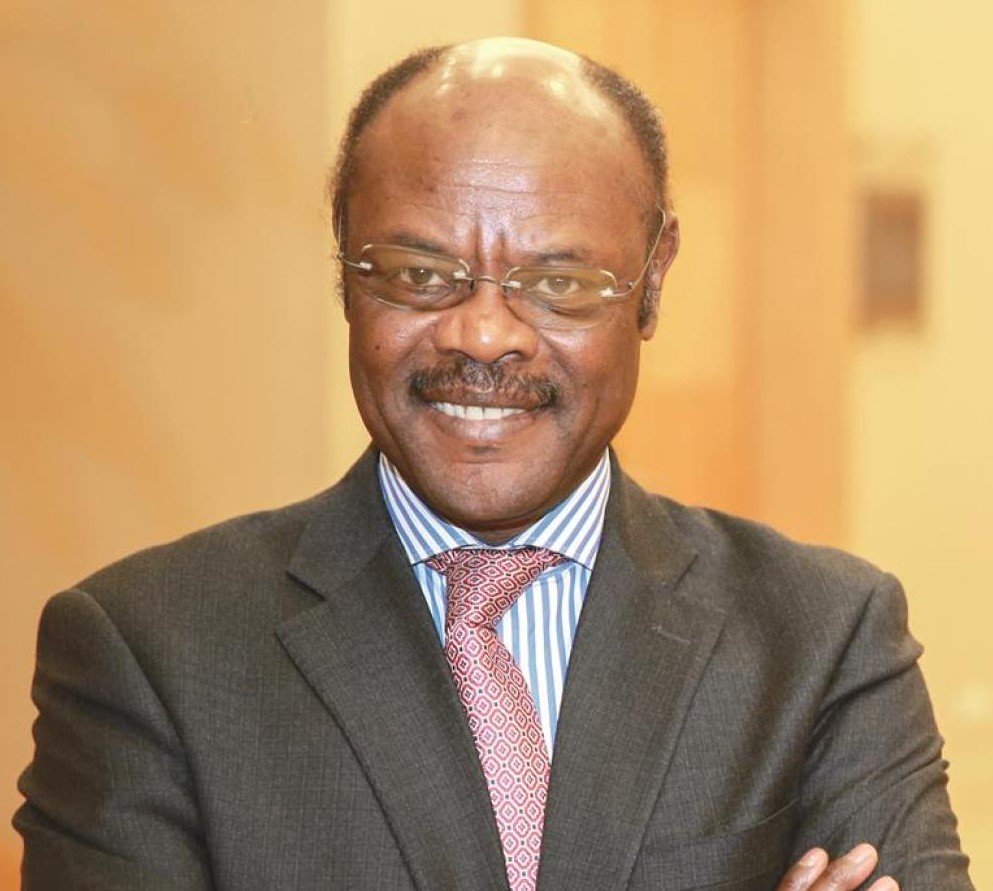
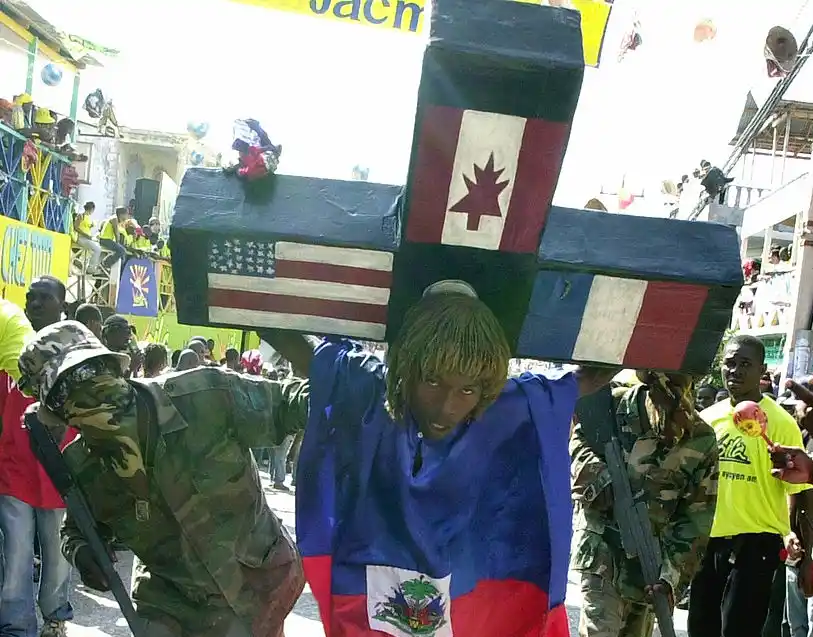
Share with your network